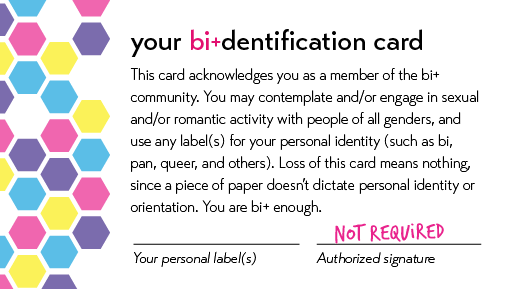What is Bisexuality?
With celebrity advocates like Janelle Monae, Asia Kate Dillon, Keiynan Lonsdale, and Sara Ramirez; history-makers like Assemblywoman JoCasta Zamarripa and Senator Kyrsten Sinema; and viral social media campaigns like #BiWeek and Bisexual Health Awareness Month shaping the media; people are talking about bisexuality and the bisexual+ community more than ever.
But what is bisexuality, and how does it relate to pansexuality, and other terms that the BRC and other organizations include under the umbrella term bi+ or bisexual+?
Below, we will talk about what these terms mean to us as an organization, and our community members as individuals; there is no one definition. The experience of talking about what bisexuality is is just as nuanced and diverse as the identities of bi+ folks themselves.
Bisexuality
Attraction to more than one gender.
This attraction could be physical, romantic, and/or emotional.
Bisexual people may experience different kinds of attraction to different genders, and their attractions may change over time.
Pansexuality
Attraction to all genders and/or regardless of gender.
This attraction could be physical, romantic, and/or emotional.
Pansexual people may also experience different kinds of attraction to different genders, and their attractions may change over time.
Pansexual and bisexual are identities that overlap and have nuanced differences, and someone who is attracted to all genders or regardless of gender might also identify as bisexual.
Bisexual+/Bi+
An umbrella term that includes all people who experience any kind of attraction to more than one gender.
Every Bisexual+ Experience is Different
Someone might use multiple terms to talk about their identity, might use different terms in different contexts, or might prefer one term over another for many different reasons.
Although bisexual and pansexual are the most common terms, they’re not the only ones! People who are attracted to more than one gender might also use words like multisexual, omnisexual, polysexual, heteroflexible, or queer to describe their identity.
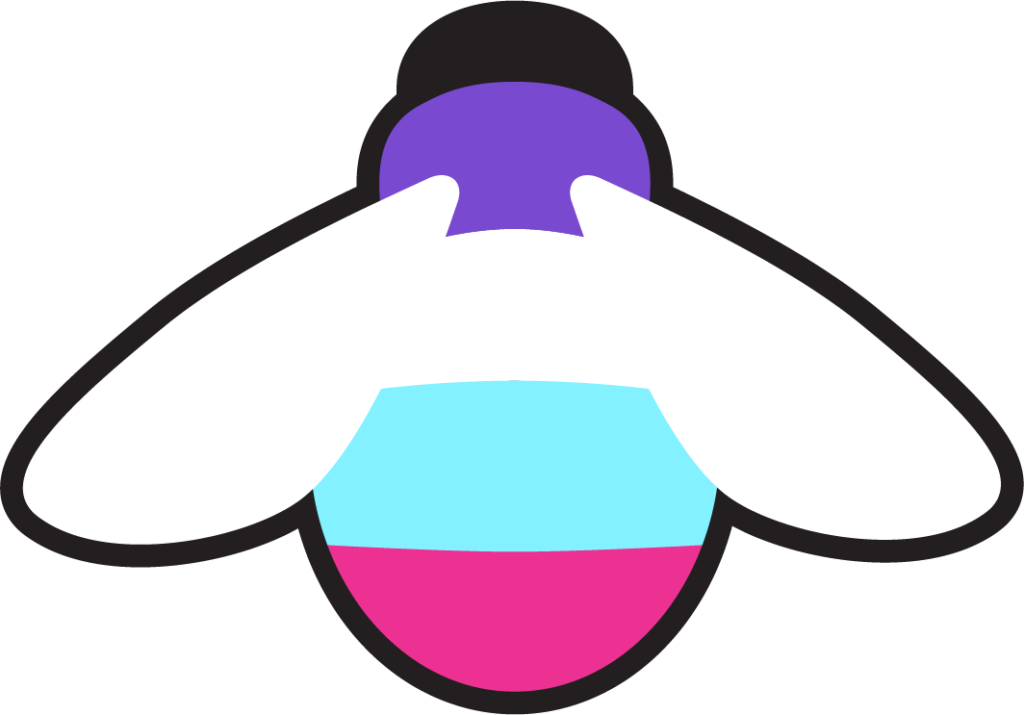
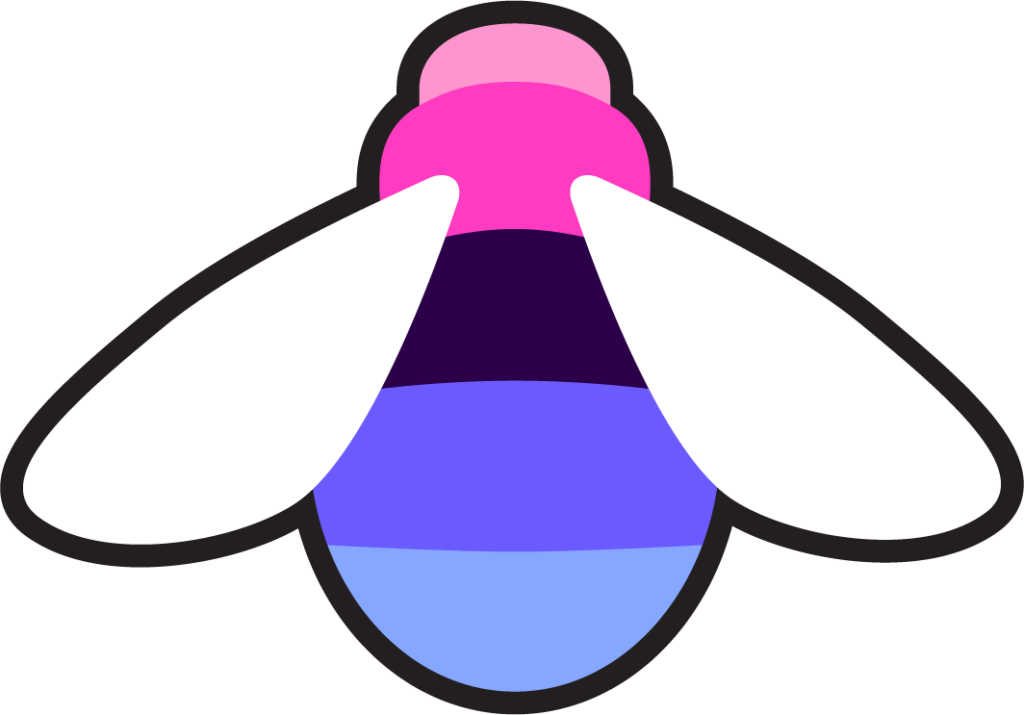
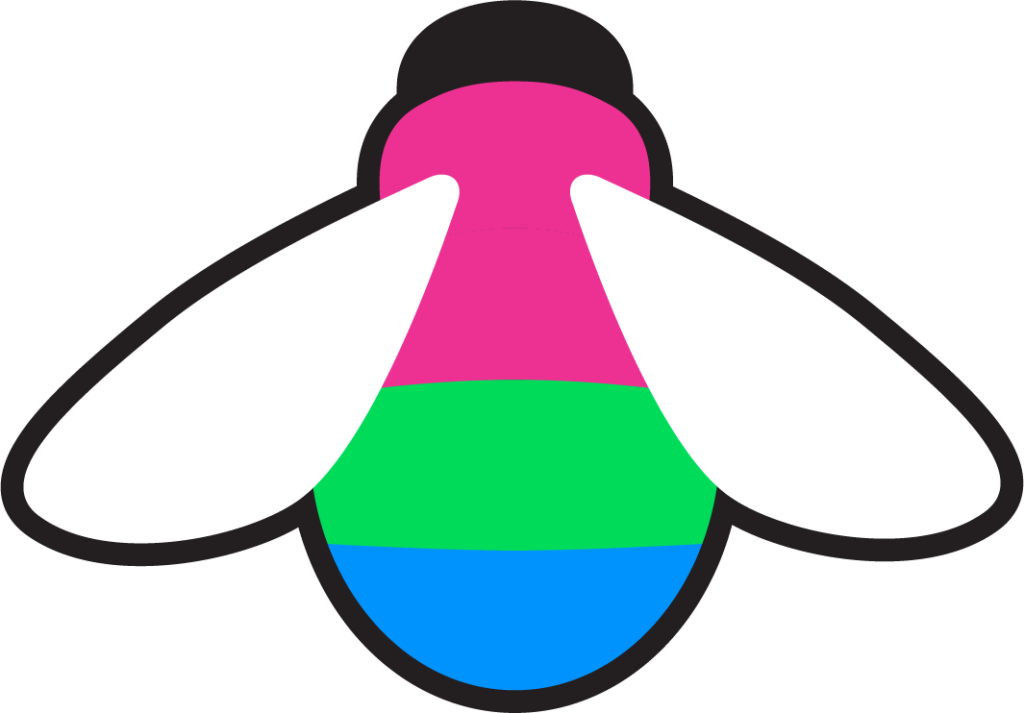
Regardless of the terms we use, the bisexual+ community is a home for every person who is attracted in some way to people of more than one gender.
Bidentification Station
“What is bisexuality?” is almost trick question: the bi+ community is so diverse and multifaceted that a few paragraphs can’t possibly cover all the different ways people define the concept, both to themselves and to others.
Because the thing is, every person gets to decide what their identity means to them.
So instead, we asked folks in the bi+ community to talk about bisexuality through the lens of their own bi+dentities. Here are some of those responses.
Community Call-Out: How do you talk about your bi+ identity?

I’m transgender and attracted to people regardless of their gender. I describe myself as bi, pan, or queer, depending on who I’m talking to. I think “queer” resonates the most with me, but I love the word “bisexual” because it makes me feel more connected to the history of the LGBTQ+ community and the bisexual activists who came before me.
– River M. (they/them)
It really depends on the context. If in a straight-dominant space I say I’m queer and specifically bisexual if people assume I am lesbian. If I am in a friendly LGT+ space, I just say I’m bi. If I am in a sophisticated LGBTQ+ space, I’ll go further and say that I’m a Bi, demi, nonbinary person. If I am in any unfriendly straight or LGT+ [space], I won’t mention much about myself, and that includes orientation, since I won’t be back anyway. Despite so much progress, trust still plays such a big factor for all queer people.
-Patricia S. (they/them)
I use the word “bisexual” to describe myself personally, but “pansexual” fits me just as well. I also use “queer” when I’m referring to myself in the context of the larger movement for liberation.
– Belle S. (she/they)
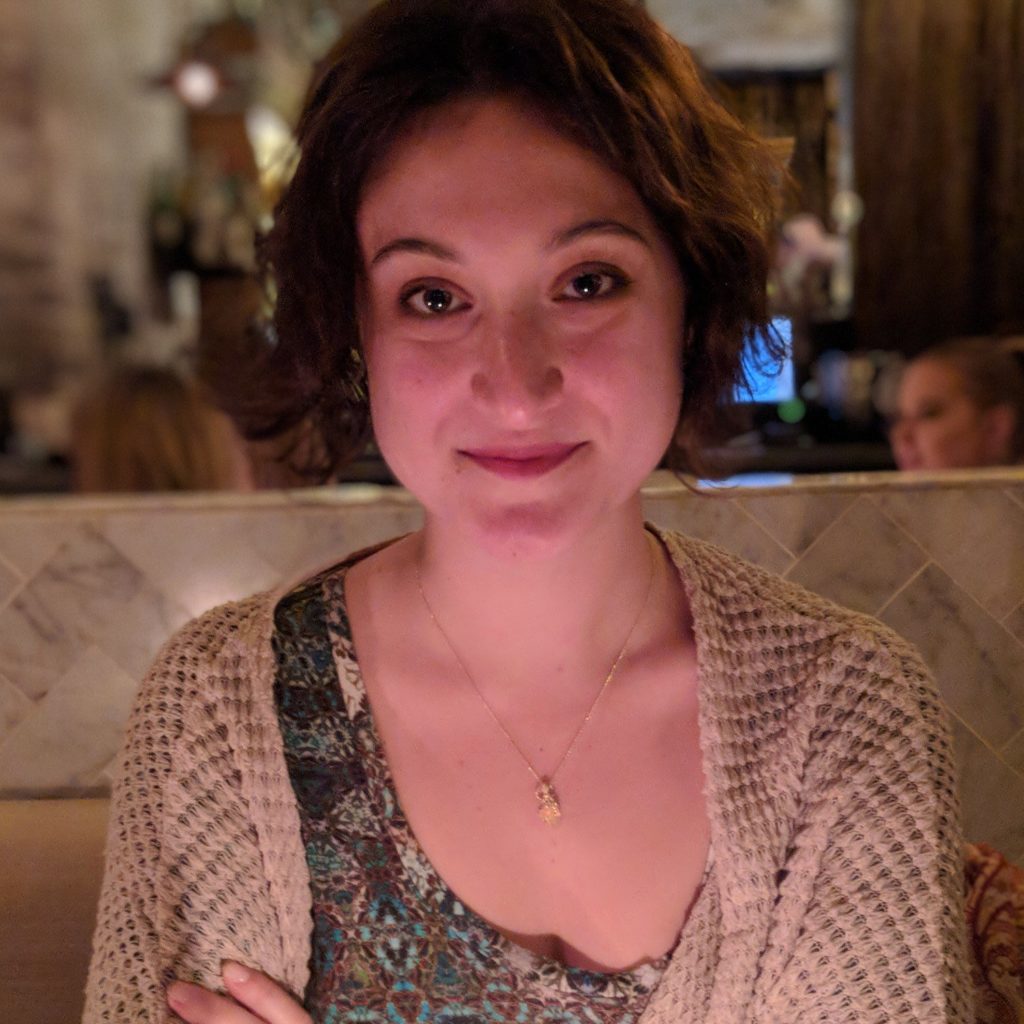

I say that, even though the majority of my intimate relationships have been with men, I know that I’m attracted to people of all genders (that is, people who are the same gender as I am, and people who are of a different gender from me). I have the capacity to have intimate relationships with people of all genders. I always like to sum it up by saying, “I’m bisexual because I say I am!”
– Gloria J. (she/her)
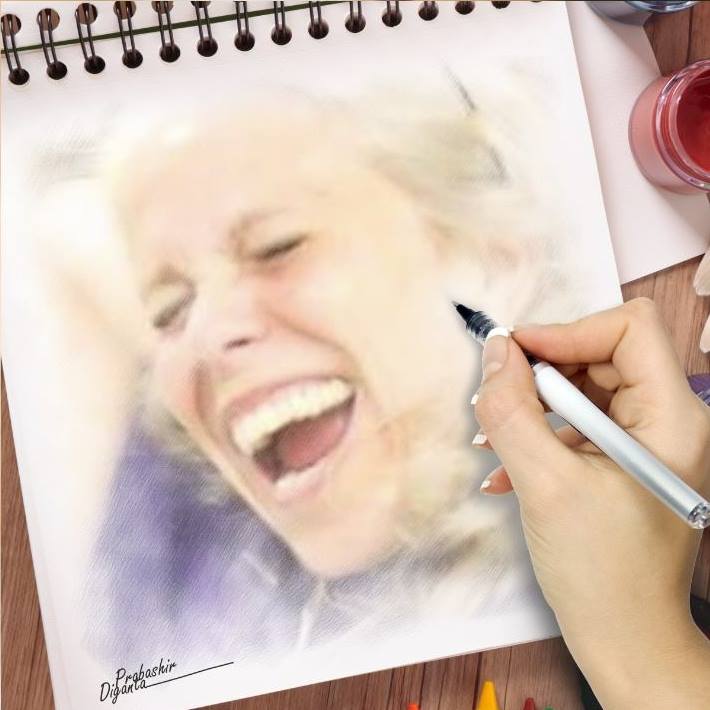
I call myself bisexual because I acknowledge in myself the potential to be attracted — romantically and/or sexually — to people of more than one gender, not necessarily at the same time, not necessarily in the same way, and not necessarily to the same degree. For me, the “bi” in bisexual refers to those with genders similar to my own, and those with ones that are different.
– Robin O. (she/they)
I’m not sure if [a bi+ identity] applies to me. Sometimes I think it does, sometimes it doesn’t. My local bi+ community has always felt welcoming and has made it clear to me that this is okay.
– Joel T. (he/him)
Why limit my options?
− Bob D. (he/him)
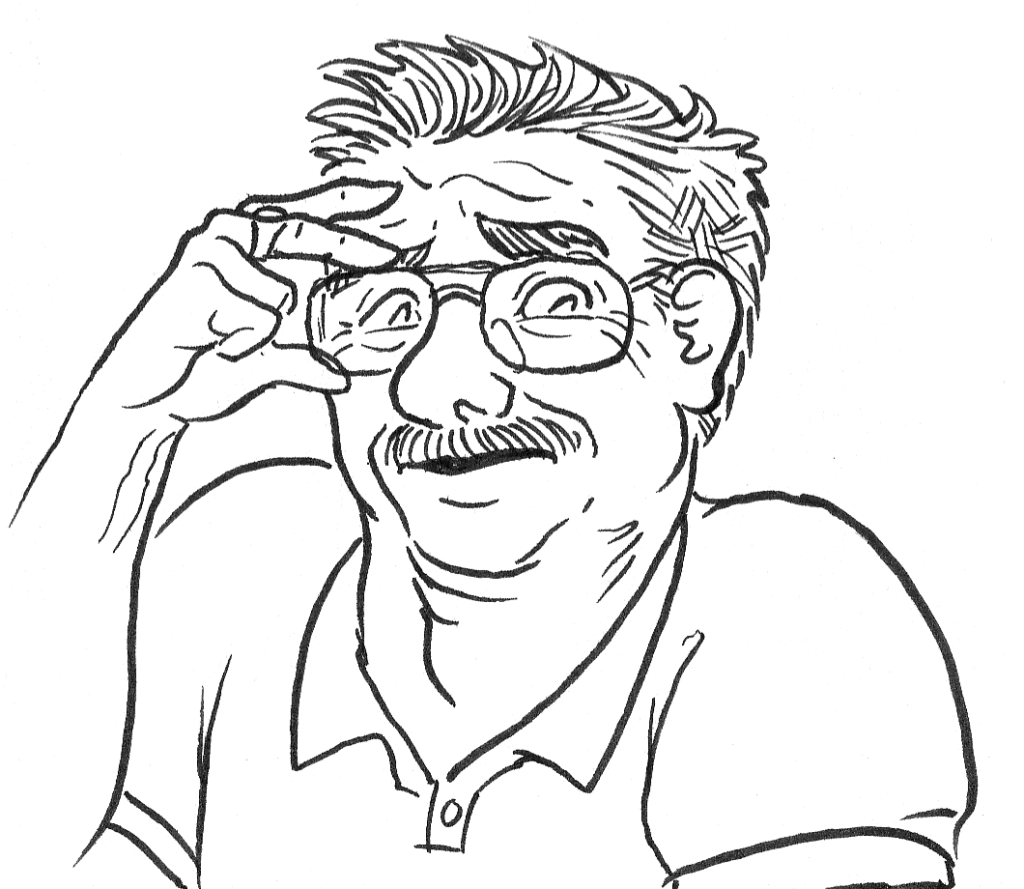
I say Bi or Queer, but there’s elements of Pan and Demisexual in there too. I’m also not Cis & that’s impacted my identity too. Some still think Bi [is] binary and it’s not.
– An Instagram follower
I use bi and pan interchangeably. I’m pan but [it’s] often easier to say bi.
– An Instagram follower
I am bisexual. I’m attracted to more than one gender, but I don’t know if I’m attracted to all genders because I don’t think I’ve met folks of all genders. I also don’t say that I’m attracted regardless of gender because my attractions are gendered.
– Camille H. (she/her)

Honestly, I almost never talk about my bi+ identity. But if I were to I would say that I am bisexual because I have been in relationships with men and women and enjoy them for different reasons. My attraction to different genders has changed throughout my life; currently I am more interested in men than other genders. I also enjoy monogamy and the intimacy from a single partner, which is important to mention since it is a common stereotype that to be bisexual requires polyamory. That is not the case for me.
− Neil A. (he/him)

Additional Resources
- Learn more about bi+ identities and intersections in our resource library.
- Check out BRC meetups and online events
- Learn more about the BRC in our FAQ
